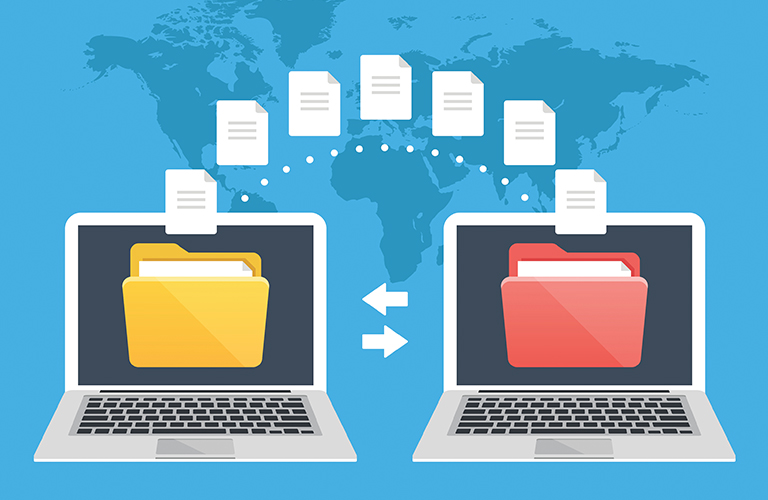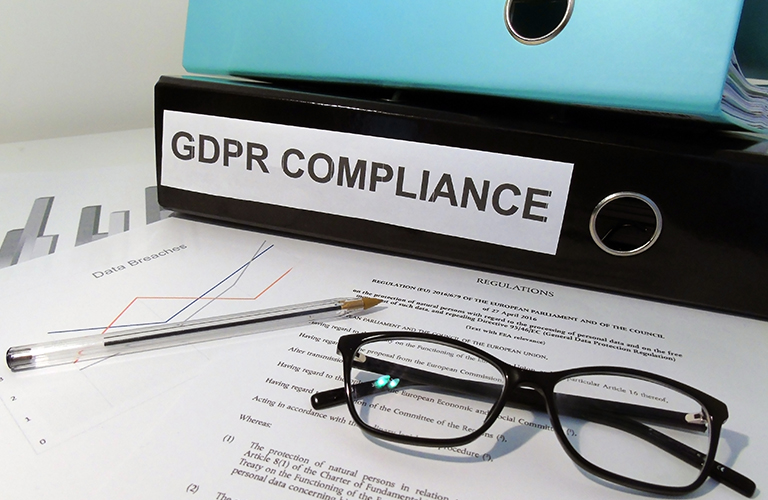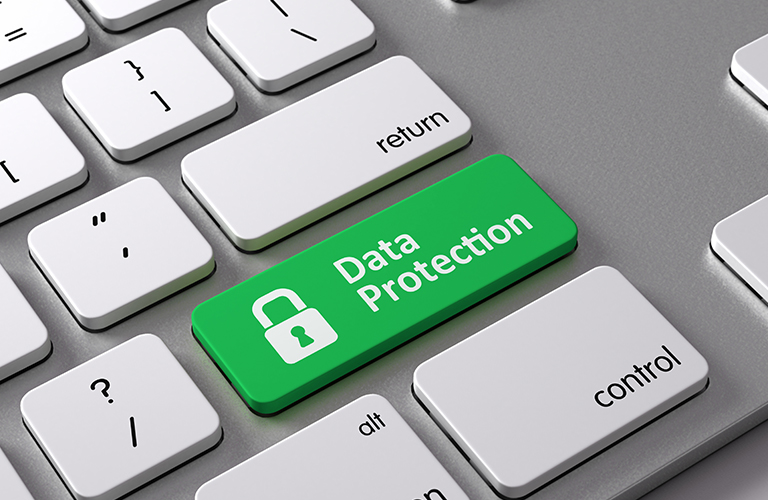
Continuing its aggressive approach to the enforcement of privacy law violations, the FTC last week imposed on Musical.ly, Inc., the operator of the popular TikTok app (formerly called Musical.ly), a record-setting fine of $5.7 million for the company’s violations of the Children’s Online Privacy Protection Act (“COPPA”). COPPA establishes basic online privacy protections for children under the age of 13 and generally requires parental consent for the collection and sharing of any personal data for children younger than 13. The TikTok app allows users to make videos of themselves lip-syncing to popular songs and then post those videos online. In… Read more








